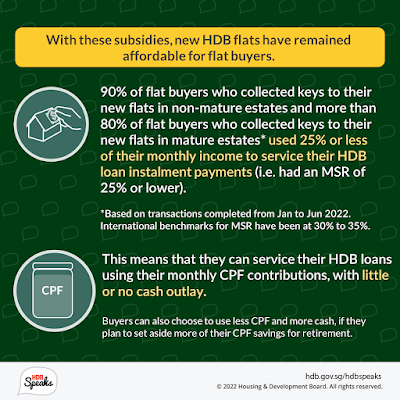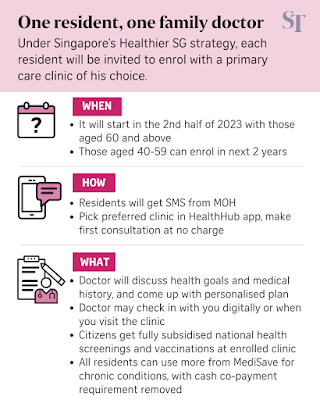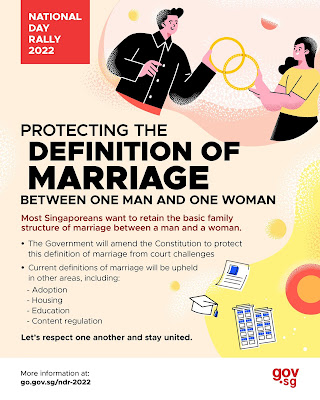9,500 individuals will receive the National Awards (COVID-19)
99,000 individuals and 800 teams will receive the COVID-19 Resilience Medal and Certificate
By Joyce Teo and Shabana Begum, The Straits Times, 30 Dec 2022
More than 100,000 individuals in the community, business sectors and Government who went beyond the call of duty to help Singapore battle the Covid-19 pandemic will receive national recognition.
Trade and Industry Minister Gan Kim Yong said on Thursday that the awards affirm the contributions and sacrifices that these people have made.
“These recipients come from across different sectors, different segments of the society.
“They include our front-line healthcare workers (in the) public health sector, public service sector, private sector, as well as the people sector, which will include non-government organisations, volunteer organisations, as well as community organisations,” he said.
He was speaking on the sidelines of a visit to the Project Lionheart art exhibition at Changi Airport Terminal 1 that celebrates individuals who embodied the Singapore spirit during the pandemic.
“I am proud of this Singapore spirit, the spirit of resilience, the spirit of unity and mutual support,” said Mr Gan, who is co-chair of the Covid-19 multi-ministry task force (MTF).
“I am confident that with this Singapore spirit, we will always come out of any crisis in the future stronger and more united.”
An overwhelming majority of the award recipients will receive either the Covid-19 Resilience Medal or the Covid-19 Resilience Certificate – new national awards – for their contributions in the nation’s fight against Covid-19.
The names of these award recipients will be announced at a later date.
Meanwhile, the names of about 9,500 individuals who will be conferred national awards for outstanding contributions to Singapore’s fight against Covid-19 were announced on Thursday.
They include familiar names such as Associate Professor Kenneth Mak, Singapore’s director of medical services and adviser to the MTF and other government agencies in crafting the overall strategy for managing the outbreak. The crew of a Scoot flight that travelled to Wuhan in early 2020 to bring back Singaporeans stuck in the Chinese city will also be receiving an award.
Award recipients also include nurses, general practitioners, patient service associates, pilots, school principals and scientists whose contributions helped see Singapore through the pandemic.
The Prime Minister’s Office (PMO) said in a statement on Thursday that the number and spread of individuals receiving the awards reflect how the fight against Covid-19 has been a whole-of-nation effort. They include individuals who provided medical care, surveillance and testing, organised the vaccination drive, oversaw safe distancing and ran dormitory operations.
The three recipients of the Meritorious Service Medal (Covid-19), which is the apex of the National Awards (Covid-19), come from different sectors. They are Prof Mak, Ministry of Home Affairs Permanent Secretary Pang Kin Keong and PSA International group chief executive Tan Chong Meng.
Prime Minister Lee Hsien Loong first mentioned the special Covid-19 awards in his National Day Rally speech in August, when he thanked those who had participated directly in the pandemic fight.
“When doors around the world were closed, our people kept our hearts open to help one another, staying stronger together,” he said in a Facebook post on the awards on Thursday.
“As we now learn to live with Covid-19, let’s continue supporting one another to see ourselves through the challenges ahead.”
About 99,000 individuals will receive the Covid-19 Resilience Medal and 800 teams will receive the Covid-19 Resilience Certificate, the PMO said.
About 4,000 individuals are from the public healthcare sector, 4,500 from the public sector, and about 900 from the private and people sectors.
The national awards for Covid-19 include the Public Service Star (Covid-19), the Public Administration Medal (Covid-19), the Medal of Valour (Covid-19), the Commendation Medal (Covid-19), the Public Service Medal (Covid-19) and the President’s Certificate of Commendation (Covid-19).
A full list of the National Awards (Covid-19) recipients is available at www.pmo.gov.sg/National-Awards












